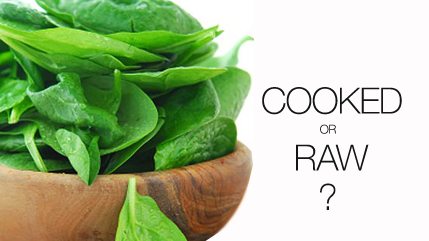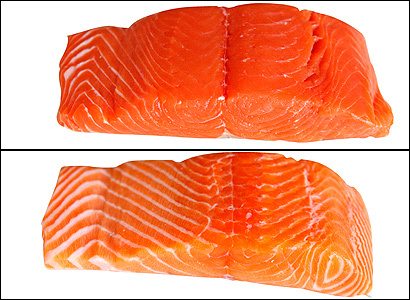What You Can Expect From A Detox: A Functional Medicine Doctor Explains
From: Mind Body Green
Have you ever thought about doing a “detox” but weren’t really sure what that meant or what it would involve? Maybe you were worried about a lot of digestive upset and GI symptoms. Or maybe you assumed it’d be very expensive or involve only drinking juice for a week.
As a doctor of functional medicine, I frequently have patients ask me about detoxes, especially since there isn’t yet a lot of research in this area.
There are, however, some really good reasons to consider a detox as part of your health program — and the start of the new year can be an excellent time to experience the many benefits of a good detox.
Detox 101: What You Need To Know
To begin with, it’s important to have a good understanding of what detoxification really is and how it can affect your health.
The body has some amazing and very intricate processes to deal with all the substances to which we are exposed — from our food to environmental chemicals, hormones, pesticides, and so on. Our liver is the major organ of detoxification, and there are a host of specific detoxification pathways that help keep the body unencumbered from toxic accumulation. When we eat food, it’s broken down and eventually passes through the liver, which filters the blood, removing any toxins. From there, much of the toxic burden passes through the bile into the intestines, where it can exit the body.
A good detox program has several goals. First, we want to reduce, for a time, the burden on the digestive system and the liver, to allow it the resources to function at an optimal level. We also want to support the detoxification pathways with the proper and necessary vitamins, minerals, and micronutrients.
Plus, we want to reduce the burden on our immune system of repeated exposure to the excessive inflammatory foods that are too often in our diets. And finally, we also want to make sure that the digestive tract is functioning well so that the toxins can be easily excreted from the body.
What a Typical Detox Might Look Like
It’s helpful to plan your program with the help of your health care practitioner to make sure you’re being supported in a way that’s most appropriate for you. A detox could last anywhere from a week to a month, depending on one’s health concerns.
It often starts with reducing the amount, and types, of food you ingest. This is to reduce the burden on the digestive and immune systems. So in the first several days of a detox you’ll eat a small variety of fresh whole foods, or perhaps just a quality protein shake that is supplemented with the proper nutrients.
Virtually all programs will have you avoid specific foods, typically the most inflammatory foods, including wheat, dairy, corn, and soy at the minimum. You’ll also be avoiding sugar, caffeine, and alcohol.
Further specifics will depend on an individual’s particular situation and goals. But in general, during the course of the detox, all processed foods are avoided and the goal is to consume only fresh, organic when possible, foods.
The program might also include specific supplements to support detoxification at the cellular level. Milk thistle is commonly recommended to support the liver, the major organ of detoxification. Dandelion root, artichoke, and beet are all additional nutrients that support detoxification.
You’ll need good hydration to have effective elimination, too.
What You Might Experience During a Detox
During the first several days, you may notice some food cravings, particularly for sugars and other carbs. These can be addictive substances, and there can be a sense of withdrawal from them. You might experience some fatigue or other physical symptoms. Typically these will subside in a day or two.
But eventually, you are likely to notice that you actually feel better. Your energy may increase; you may notice reduced joint pain, brain fog, fatigue, and lethargy. You are likely to lose some water weight and feel less puffy. Your mood may be improved and you might sleep better.
This all can happen because you are supporting your body to function more efficiently with the reduced burden of toxins and inflammatory foods.
When you’ve completed your detox, the food reintroduction process is just as important as the removal phase, because this is when you can pinpoint which foods make you have symptoms. It’s wise to reintroduce one food at a time and give it two or three days to see how you feel before you add in anything else. You might be surprised by what you learn.
I’d encourage anyone to think about a detox program to help you feel a real increase in your energy and well-being and to lower the toxic burden on your body. The experience will probably change the way that you eat, even after the program, as you’ll have gained an awareness of what you feel like when you eat certain foods. It can help set the stage for long-lasting healthy choices.
You can generally do a program several times a year; it’s a great way to mark the changing season and give your body a boost. I suggest that you work with your health care provider to choose the best program for you and give it a try. You might just feel amazing!












Leave a Reply
Want to join the discussion?Feel free to contribute!